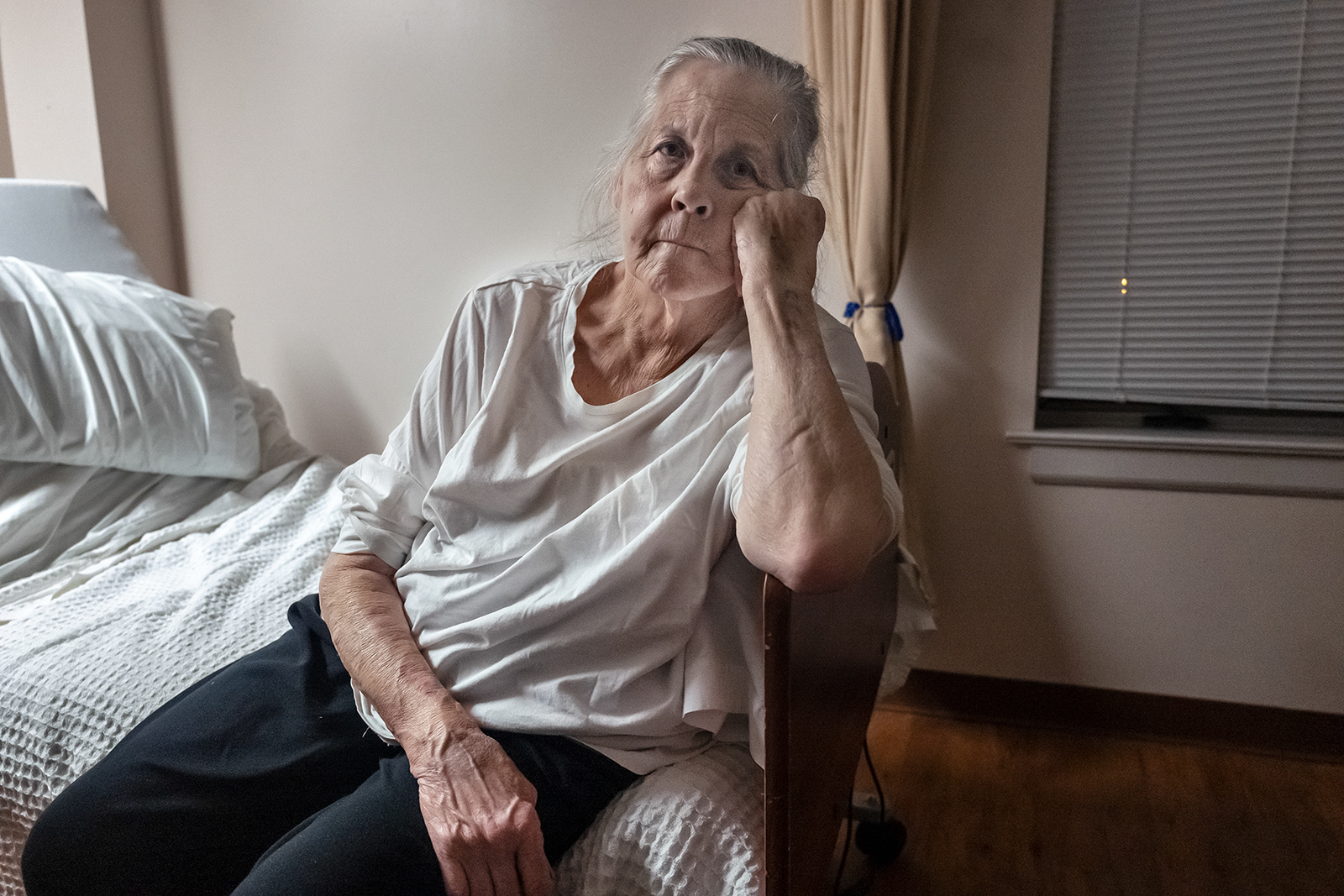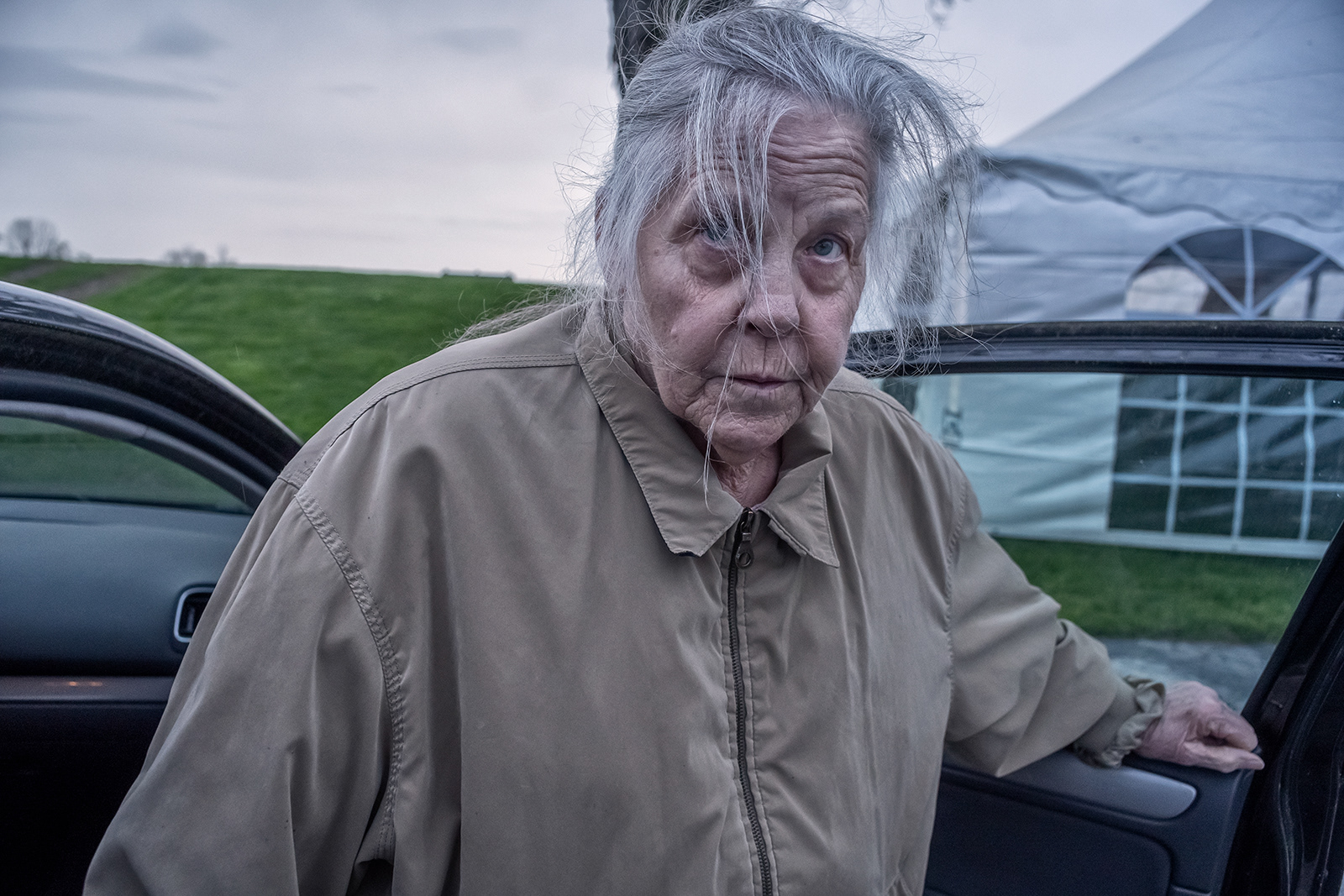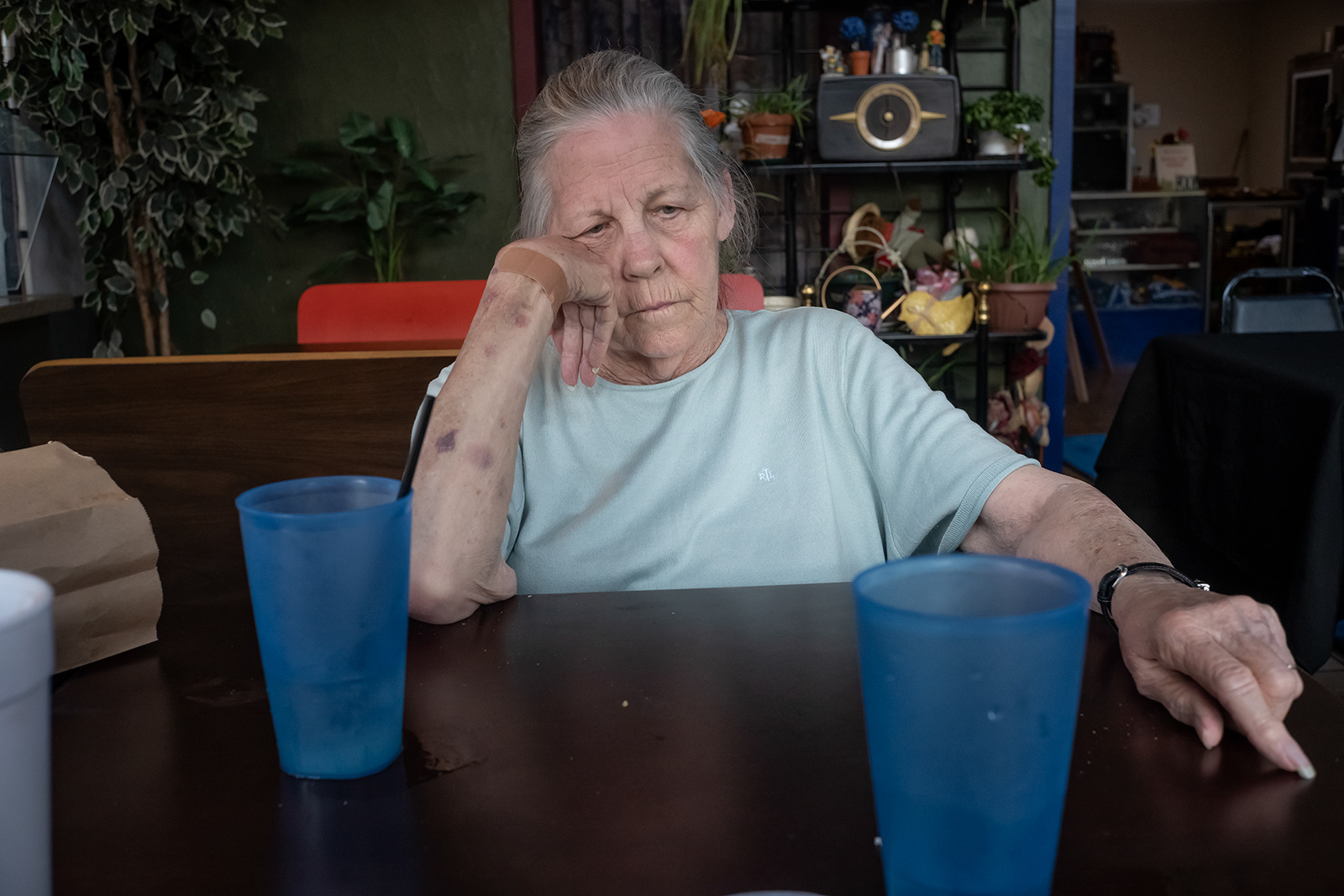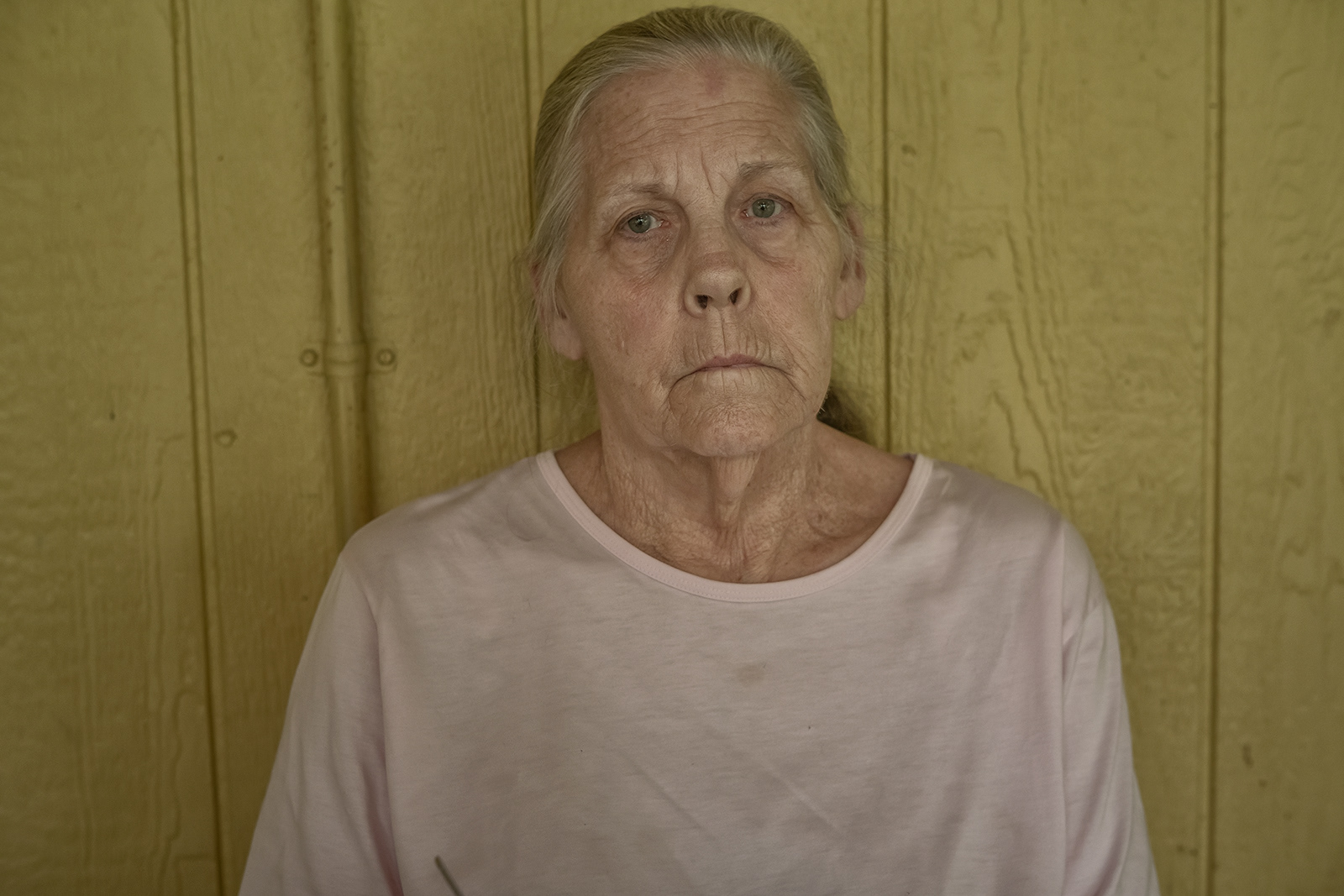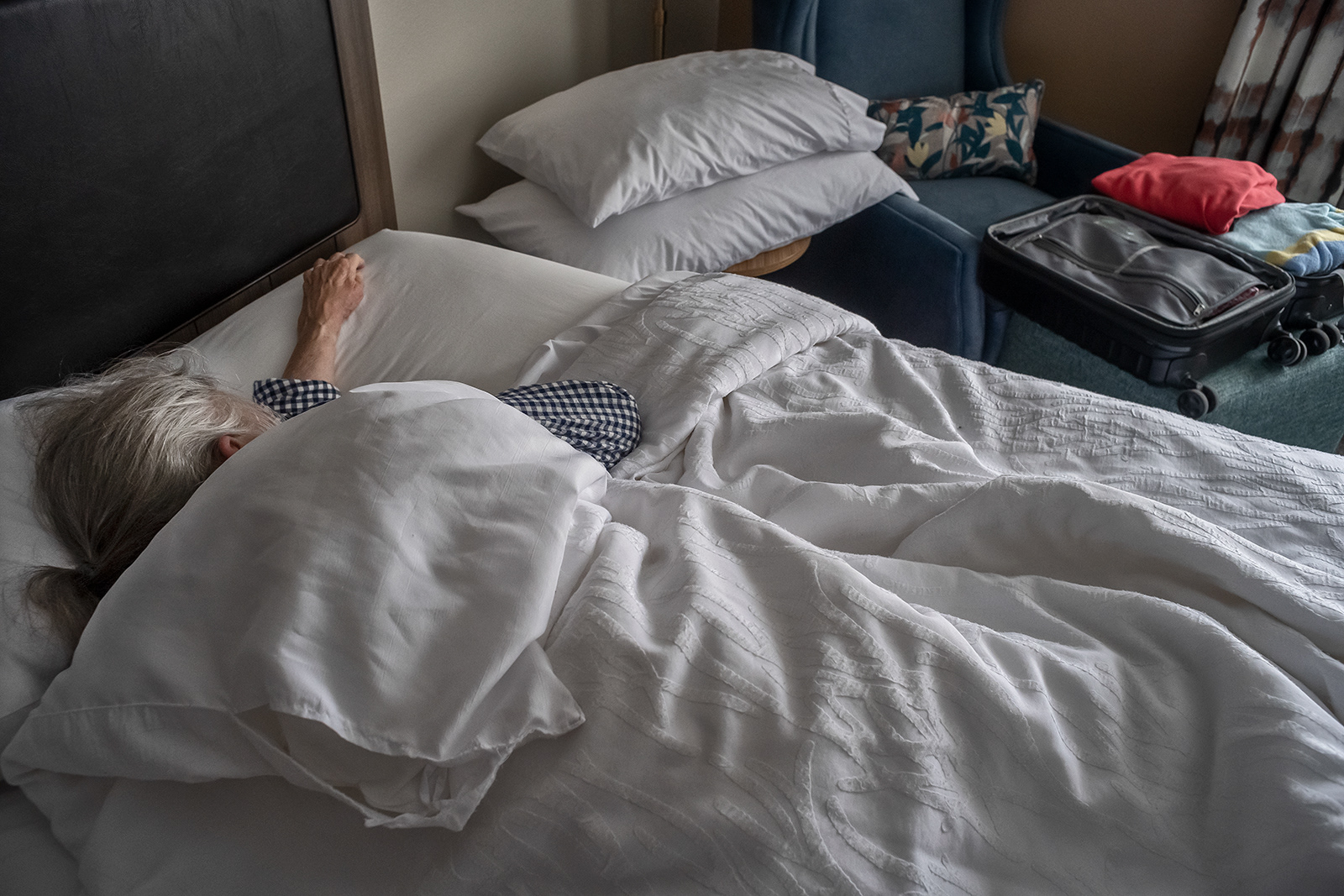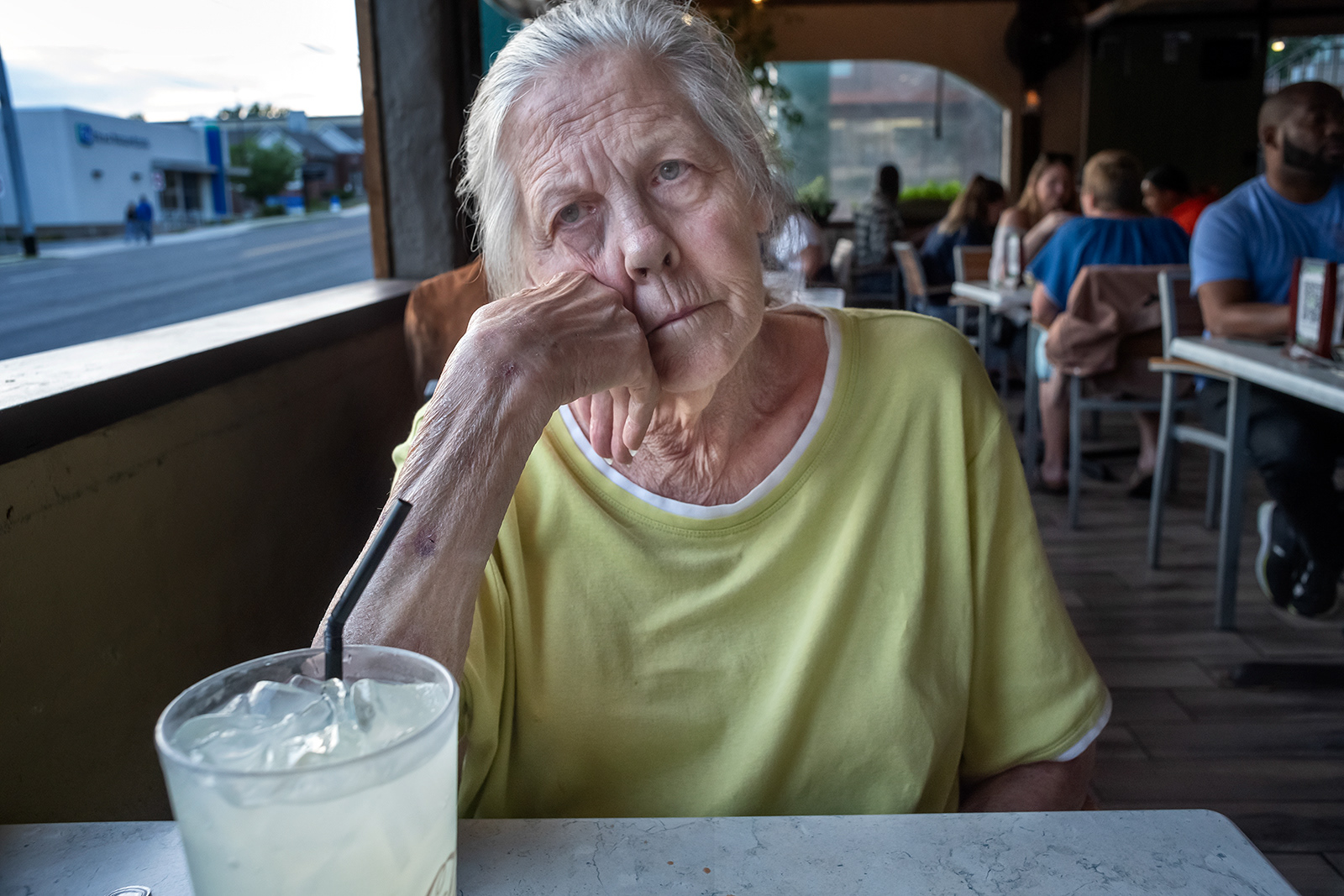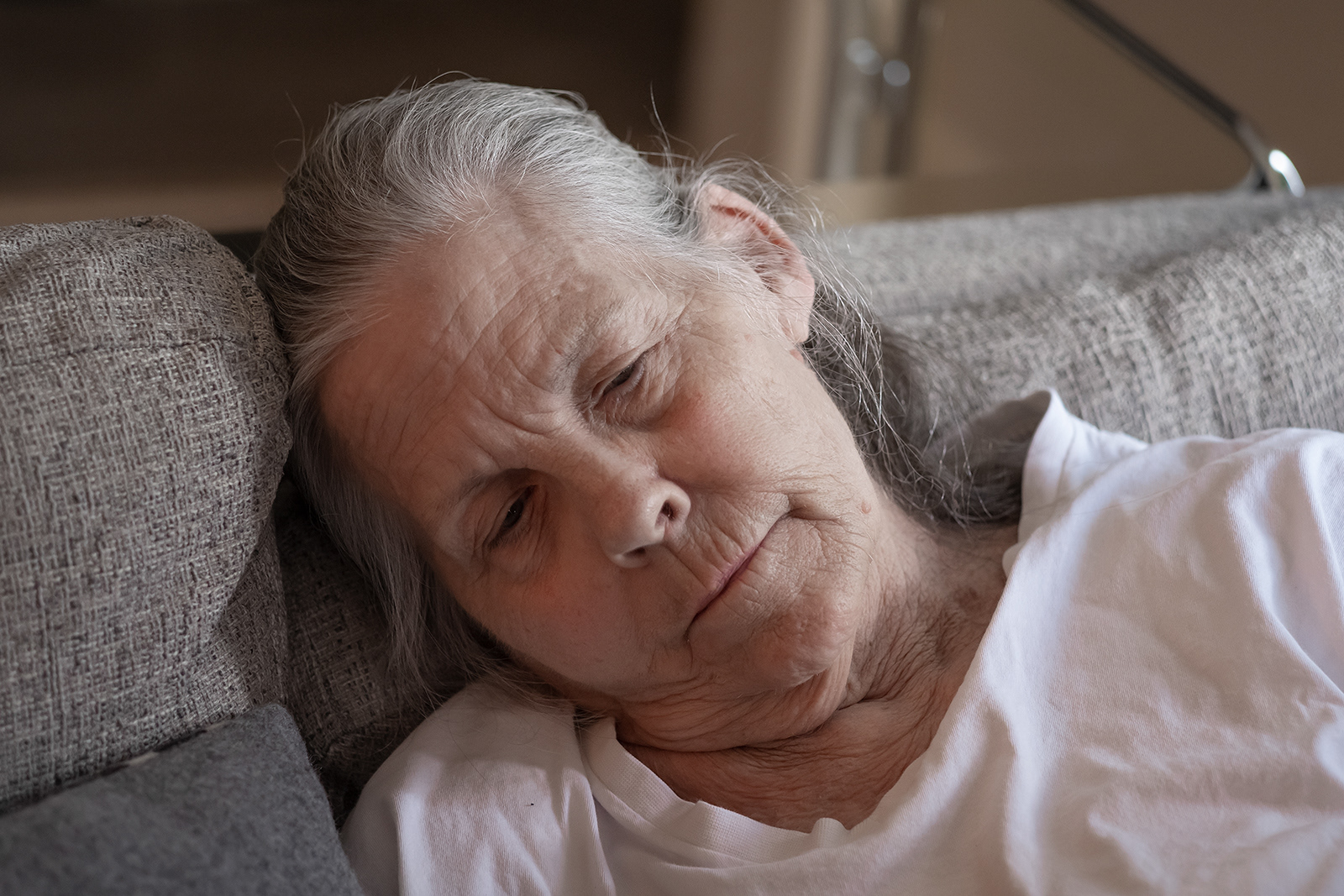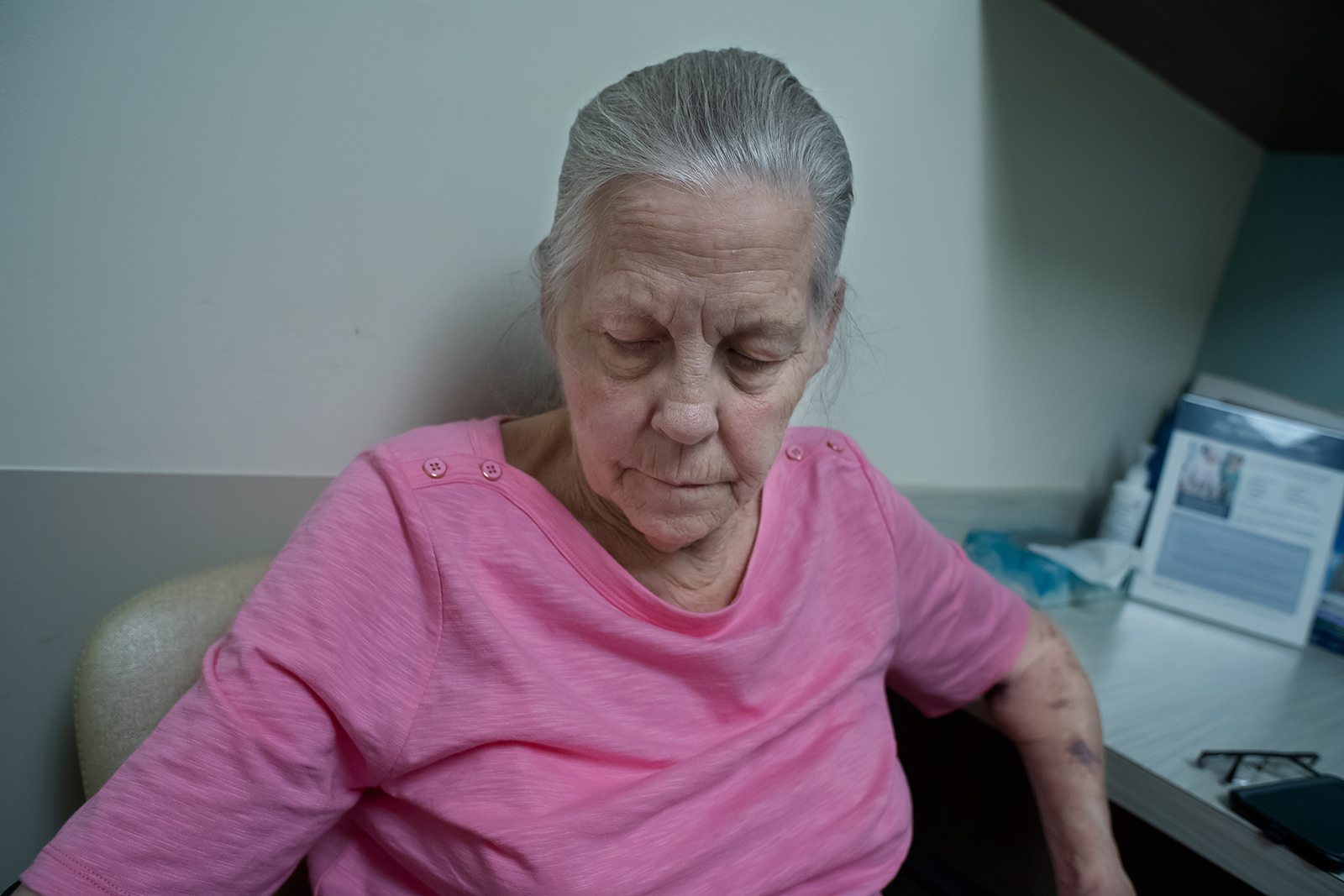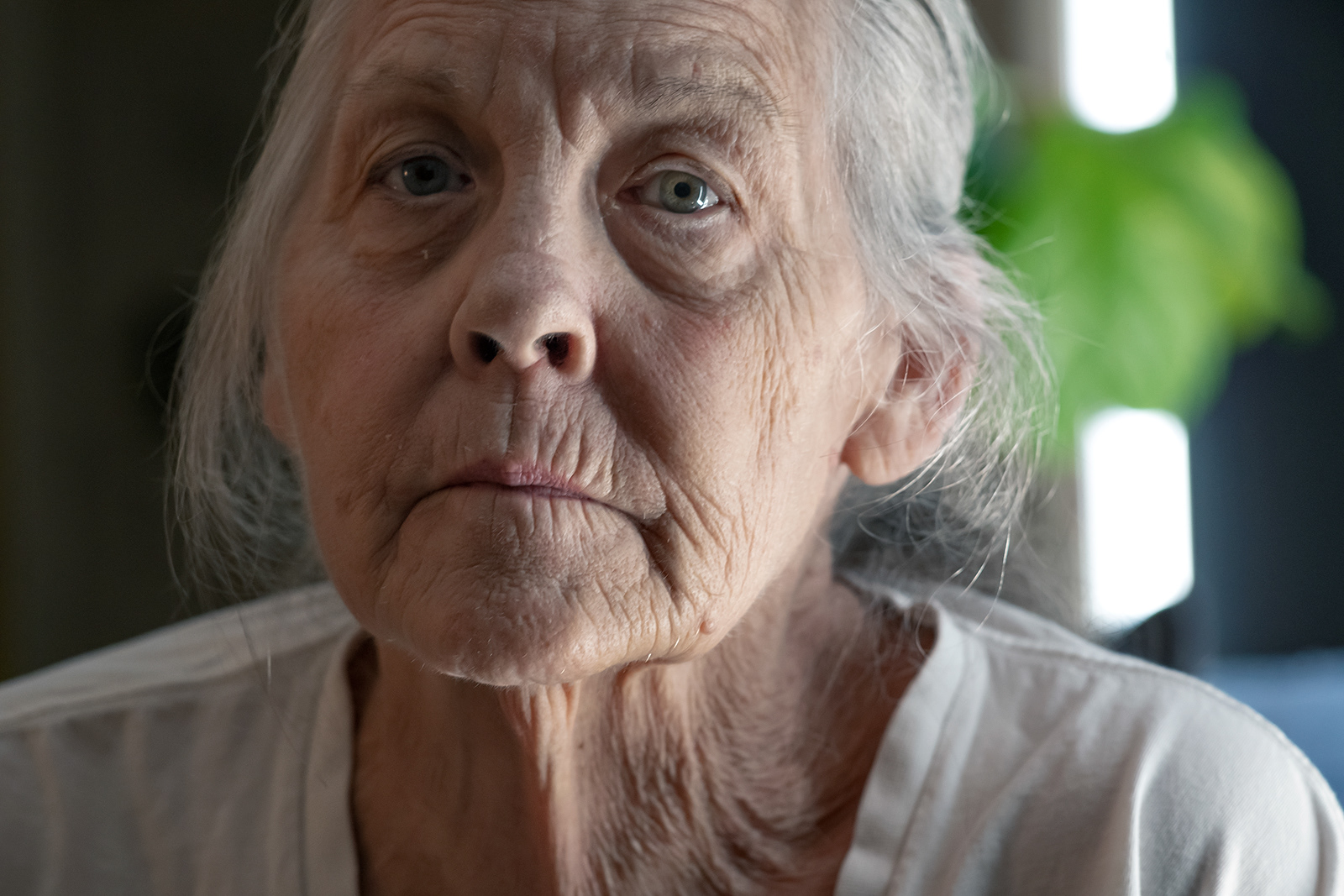My mother crossed her seventy-ninth birthday not long ago, and of all the difficult decades and years, the last year has been, by whatever could be called objective measures, the most difficult. By the time my father fell from his chair one night in April 2021 and paralyzed himself, entering then a string of hospitals and rehabilitation centers from which he never returned home, my mother’s world was already in collapse. My father had driven their finances into the ground and they had been destitute for years, my mother juggling bills month to month. My father’s verbal and emotional abuse had pushed her to the brink of leaving him many times. Enter my sister, who had renounced our family decades before, after becoming a belligerent evangelical Christian—my sister returning unexpectedly with what seemed a bit of a tender heart for her mother. She offered my mother a room to live in, and in what turned out to be a rash decision, my mother pulled up her stakes. She left California for a back bedroom in Nashville, a city altogether foreign to her, in the house where my sister lived with her husband and oldest daughter, who had just turned 22. Two months later, my father died an agonizing death. Two weeks after his death, my sister’s husband and daughter were both killed in a horrific car crash. Three months after that, my mother suffered an almost fatal heart attack. At the same time she was diagnosed with lung cancer, and began months of chemotherapy and radiation. In the midst of the treatment, my sister decided to evict my mother—without any precipitating conflict, rather from the volatile combination of my sister's psychopathologies and grief. All of this is the summary version of what my mother has faced in the last year. And all of it sits atop a lifetime’s story I cannot begin even to summarize—her orphan childhood, her long and at times torturously unhappy marriage, the consequences of my father’s bloated money schemes and bankruptcies, and in the midst of everything, episodes of contentment.
I have been photographing my mother for the whole of my life in photography, which began with the gift of a camera from my parents when I was thirteen years old, more than forty years ago. My photographs of my mother in this last year of her life are, to me, among the most impactful I have ever made.
